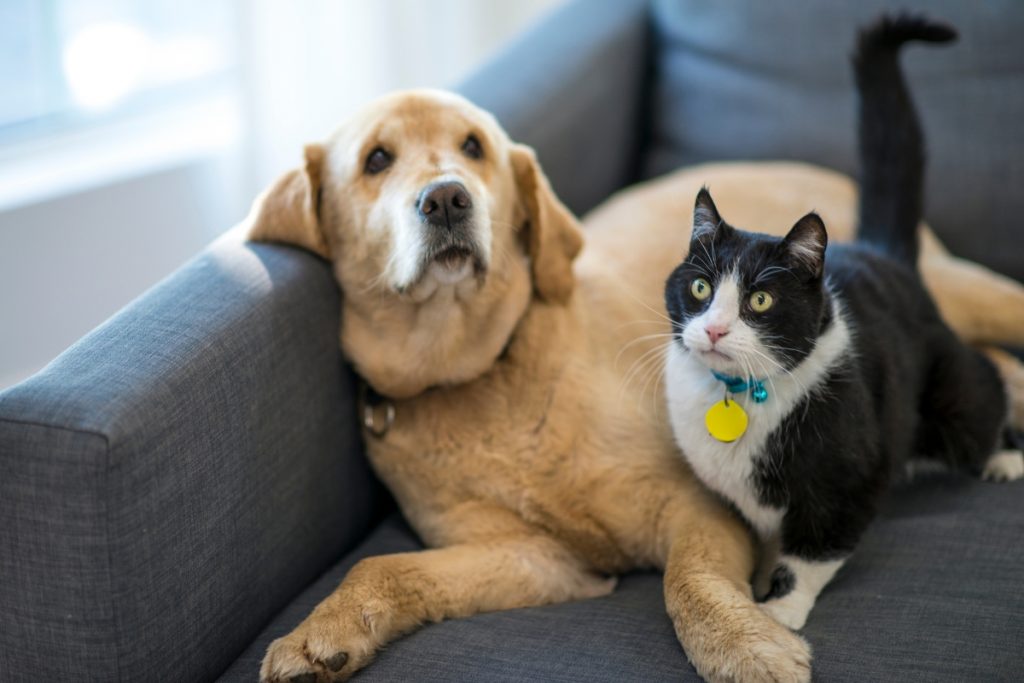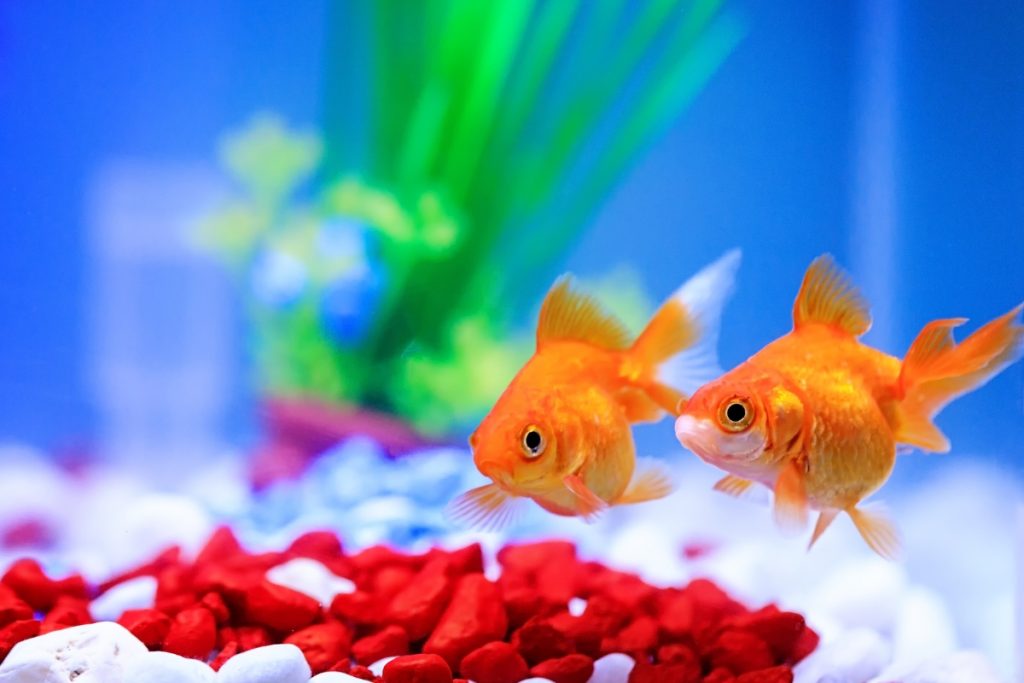Is Pest Control Harmful to Pets? The Essential Guide to Pet-Safe Pest Control
When faced with a pest problem, many homeowners resort to pest control treatments. However, a question that often arises is, “Is pest control harmful to pets?”. This comprehensive guide will delve into the crucial aspects of pet-safe pest control, discussing the potential risks to pets and how to mitigate them.

Understanding the Need for Pest Control
Pests, such as insects, rodents, and other unwanted organisms, can pose significant threats to our homes and health. They can cause property damage, spread diseases, and infest our living spaces. As a result, pest control becomes not just important but necessary. However, ensuring that the pest control methods employed are safe for our pets is crucial.
The Potential Risks of Pest Control to Pets
Pets are an integral part of our families, and their safety is paramount. Pesticides used in pest control, while effective in eliminating pests, can pose potential risks to pets. Pets can ingest these chemicals, absorb them through their skin, or inhale them. Some pesticides can cause overstimulation of their nervous system, liver damage, tremors, convulsions, and seizures. Therefore, it’s essential to ensure that the pest control methods used are pet-safe.
Choosing a Pet-Safe Pest Control Company
The first step towards ensuring pet-safe pest control is choosing the right pest control company. A reputable company will use products that are safe for pets and can provide expert advice regarding pet safety during pest control treatments. They should be able to answer all your questions and customise the treatment program based on your specific circumstances.
Preparing for Pest Control Treatment: What to Do Before the Service
Before starting the pest control treatment, there are several steps you can take to ensure your pets’ safety:
- Avoid DIY Pest Control: If you have pets at home, it’s best to hire a professional pest control service. They can ensure your pets’ safety based on their experience and expertise.
- Inform the Service Provider: During your consultation call, inform the pest control contractor about your pets. This information will help them customise the treatment program accordingly.
- Consult Your Vet: It’s advisable to consult your vet before the pest control service. They can provide guidance on how to safeguard your pets.
- Read the Label: Before the treatment begins, read the label on the pesticide used by the service provider. This will help you understand the potential risks and safety measures.
Protecting Pets During the Pest Control Treatment

During the pest control treatment, it’s important to take additional measures to protect your pets:
- Remove Pets from the Treatment Area: If the treatment is being done indoors, keep your pets outdoors, and vice versa.
- Cover Their Enclosures: For pets like fish or reptiles that can’t be moved, cover their tanks or enclosures to prevent pesticide exposure.
- Cover Their Accessories: Protect their food and water bowls, toys, and other accessories by removing them from the area or covering them.
- Keep Pets Away from Traps: If traps are used, ensure they are kept out of reach of pets to prevent accidental harm.
Post-Treatment Precautions
After the treatment, keep your pets away from the treated area until it is completely dry and well-ventilated. Also, clean their accessories thoroughly before returning them. If the treatment was for fleas or ticks, consult your vet to treat your pets for the same.
The Role of Non-Toxic Pest Control
Non-toxic pest control methods can be a great alternative when pets are involved. Strategies such as pest exclusion, trapping, and the use of pet-friendly pesticides can effectively control pests without posing a risk to pets.
Is Pest Control Harmful to Pets Conclusion
While pest control is essential for maintaining a safe and comfortable living environment, ensuring that the methods used are safe for our furry friends is crucial. By choosing a reputable pest control company and taking necessary precautions before, during, and after the pest control treatment, we can effectively manage pests without compromising our pets’ health and safety.
If you’re facing a pest problem and have pets at home, don’t hesitate to reach out to our team of pest control professionals. We will be happy to provide you with the best advice and services to ensure that your home becomes pest-free without harming your beloved pets.
